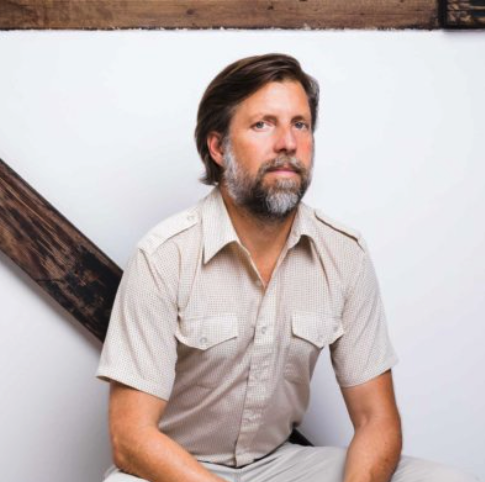
By Eric Valentine
The problem with a pandemic is twofold, yet singular. No one is immune to the impact of a novel virus. And no one is immune to the impact of keeping a novel virus at bay. What follows is a list of some of the most common wellness challenges brought on not by the pandemic, but moreover our response to the pandemic, and what leading health and wellness professionals say you can do about it.
On The Nose
One of this year’s Wellness Festival speakers is James Nestor, a science journalist and bestselling author. In his most recent book, “Breath: The New Science of a Lost Art,” Nestor lays out his 10-year personal investigation of breathing. His book explores the history of how humans shifted from the natural state of nasal breathing to chronic mouth breathing, due in part, he argues, to the increased consumption of processed foods and that has led to a rise in snoring, sleep apnea, asthma, autoimmune disease, and allergies.
Along with scientists at Stanford, Nestor suggests that returning to a state of nasal breathing will improve an individual’s health. And after going through a pandemic that has been all about aerosol transmission and breathing complications, Nestor’s timing couldn’t be more on the nose.
Frames Of Reference
“Don’t start by denying a patient’s reality.” That’s one of the first things any counselor or therapist is taught. The “it’s not so bad” approach typically embeds the person who is struggling even more in their struggles. But looking at history—the world’s and one’s own—can help some folks see hope. A century ago, the Spanish Flu pandemic rattled the world just like COVID is doing now. In fact, by total numbers of dead and with far less health technology, the Spanish Flu was far worse. Ultimately, science and society pulled together. History repeats itself, and so does hope.
Psychologists also recommend relying on already-learned coping strategies from non-pandemic challenges in our lives. Seasonal Affective Disorder (SAD) is one such example. Many folks who have SAD know from experience that the depressive feelings eventually go away as the seasons change. Given the improvement of COVID-19 treatments and the arrival of the vaccine, there is light at the end of the tunnel.
Lessons Learned
Some of you lost or nearly lost a loved one to COVID-19. Some of you lost or nearly lost a business or a job. There’s no denying that reality, and there’s a lot of work ahead to find regular joy. All of us, especially during the mega-lockdown of last spring, also developed some habits or new normals that may be a better way—at least for you—to go about things moving forward.
Work from home, yae or nae? Do what works for you. More Zoom time with family and friends who don’t live in the same town? Make it a monthly meetup. Binge watch much? Cool, just make sure you’re challenging yourself a little with something a little snobbier than, say, Tiger King. And watch yourself, roar.


